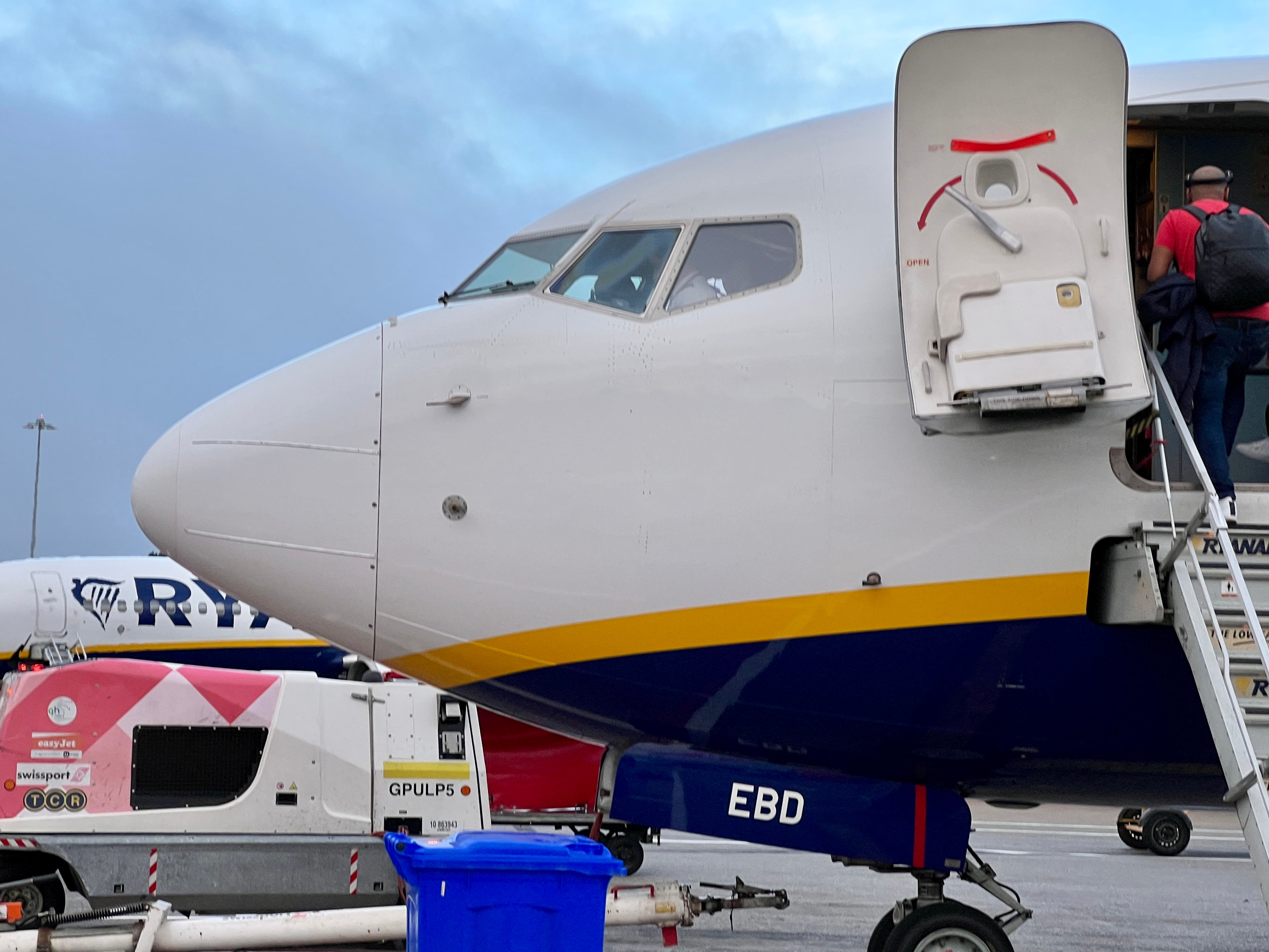Reports of the death of the £10 flight are greatly exaggerated
The Man Who Pays His Way: Whatever Michael O’Leary might have us believe, ultra-cheap tickets are part of the business plan

Simon Calder, also known as The Man Who Pays His Way, has been writing about travel for The Independent since 1994. In his weekly opinion column, he explores a key travel issue – and what it means for you.
“Earlier in the programme, we referred to Michael O’Leary as chief executive of easyJet.” So began an apology on BBC Radio 4’s PM programme in October 2001.
It ended: “He is, in fact, chief executive of Ryanair.”
Radio 4 doesn’t make that kind of mistake any more. When the boss of Europe’s biggest budget airline was on the Today programme this week, he was correctly introduced – and his words were widely reported as heralding the end of the era of ultra-cheap flights.
“At the lower end of the marketplace, our really cheap promotional fares – the one euro fares, the €0.99 fares, even the €9.99 fares – I think you will not see those fares for the next number of years,” he said.
I happen to be an avid consumer of such fares. Indeed, I began my current North American adventure with a £12.99 hop from Luton airport to Dublin, in order to avoid the £84 UK Air Passenger Duty (APD) on long-haul trips.
So I am heartened to see that there is no end in sight to “really cheap promotional fares”. Next Wednesday, for example, you can fly from Dublin to Stansted for €10.99 (£9.30). In October, the standard fare on many flights from Manchester to the Irish capital is £12.99. Too much? Fly instead from Edinburgh to Cork for £9.99.
Similar fares are available to and from many cities in Continental Europe, too. A wide range of parties condemn such fares: environmentalists are horrified at the frivolous flying that they encourage, enticing people to take day trips from Britain to Ireland regardless of the damage they cause to the planet.
Rival airline bosses deplore the misplaced expectations such fares create. They fear prospective customers will conclude: “If I can get 90 minutes of flying for less than a tenner on Ryanair, why should another carrier charge me 20 times as much for the same journey?”
Of course Ryanair is perfectly happy to charge £200 or £300 where it can, which is when demand is strong – as it certainly is to and from the Mediterranean this summer. And Mr O’Leary’s comments are designed to manage passengers’ expectations of paying steadily more for their flights.
But the airline’s business model requires there are always some ultra-low fares. Ryanair is “yield passive, load factor active”. That means its main focus is to fill planes, regardless of how low the fare must be to achieve that goal – and how high the cost of fuel.
Take that €10.99 Dublin-Stansted fare next Wednesday. The outbound flight is a popular one, allowing passengers heading for the Irish capital to leave central London at 5 or 6pm and still arrive at Dublin airport at 9.30pm – with plenty of time to reach their final destination.
Coming back, though, the plane is scheduled to arrive at Stansted at 11.10pm – too late for many people to connect without paying for airport parking or a taxi. They would be more likely to pay more for one of the early evening departures. FR298 is cheerfully known by some in the airline business as a “dog flight”: unappealing and hard to fill. That’s why you need a £10 fare.
The plane, pilots and cabin crew have to fly back to Stansted to end their working days. You might as well entice price-sensitive passengers (who in previous generations will have been on the overnight bus) to step aboard. Flog them a specific seat, the right to bring a big bag on board and a sandwich and you can earn more than the marginal cost of allowing me on board – and the loss from that particular operation begins to dwindle.
Yet Michael O’Leary was not the first to come up with a solution to the “dog flight” dilemma. That honour goes to Stelios Haji-Ioannou, founder of easyJet, who started selling seats at marginal cost in the late 1990s – when Michael O’Leary was a rival of Britain’s biggest budget airline, and definitely not easyJet’s chief executive.
Join our commenting forum
Join thought-provoking conversations, follow other Independent readers and see their replies
Comments
Bookmark popover
Removed from bookmarks